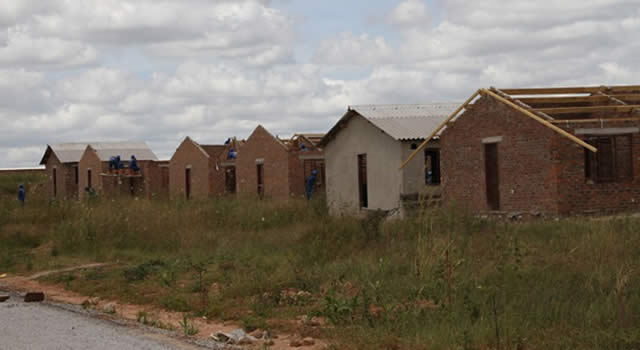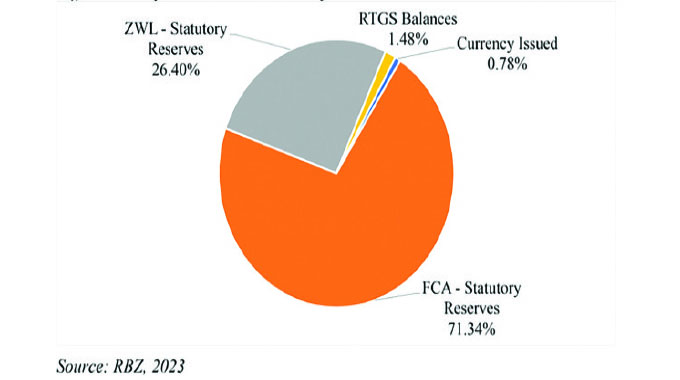Homelink to float $20m housing bonds

Business Reporter
HOMELINK, a property development company owned by the Reserve Bank of Zimbabwe, intends to float bonds worth $20 million to support housing development. “Government is cognisant of the basic need for housing and has put in place (some) enabling policies such as the tax incentives for building societies,” Governor Dr John Mangudya told a financial conference in Harare last week.
“Other institutions such as the Reserve Bank’s subsidiary Homelink is working on floating bonds amounting to $20 million to support housing development.”
Dr Mangudya said the financial sector was complementing efforts under Zim-Asset by funding mortgages to the tune of $357,6 million as at September 30, 2014.
He said four banking institutions, namely CABS, FBC Building Society, Banc- ABC and CBZ Bank have sourced offshore funds from Shelter Afrique amounting to $35,8 million.
The financial institutions have build 1 690 housing units while 6 460 stands were serviced. CABS constructed 1 582 units and serviced 3 835 stands in Budiriro and Hatcliffe. FBC constructed 98 houses in Waterfalls, Glaudina and Greendale, ZB built 10 houses and serviced 250 stands in Hatfield, Ruwa and Beitbrigde while CBZ serviced 2 317 stands in Nehosho, Grange, Mtautsi Park, Chikanga and Mbizo.
In the 2014 Monetary Policy Statement, the central bank urged banks to set up mortgages divisions to bolster national housing delivery initiatives. Dr Mangudya said the banking institutions have responded positively by setting up mortgage divisions.
Zimbabwe is faced with a significant housing backlog. The housing shortage is estimated at 1,25 million units which translate to a national backlog of five million citizens or more than 40 percent of total population. The shortage is resulting from constrained formal housing finance and public capital funding streams.
Some housing finance schemes which are currently available have little incremental effect on the national housing stock as these are either exclusively packaged for a few targeted groups or are priced beyond the reach of the poor.
Under Zim-Asset, Government intends to reduce housing backlog through the provision of serviced land, strengthening public private partnerships and adoption of new building technology.
The Government will also strengthen community-based housing organisations, strengthen micro-housing finance institutions and adopt densification (vertical expansion).
Recently, the Finance and Economic Development Ministry approved some tax-free debt instruments and housing bonds for the Infrastructure Development Bank of Zimbabwe to raise $100 million for the construction of low- cost housing units across the country.
The bank targets to develop about 46 hectares in Marimba comprising 430 high-density stands measuring 300 square metres each in size and 270 medium-density stands measuring 510 square metres each. This also includes the usual ancillary provisions such as commercial stands for a shopping centre, churches and a crèche.
The bank said it is targeting to build about 30 000 housing units in the next three years. Old Mutual Zimbabwe said it was targeting to build at least 15 000 low- cost housing units in the next five years under its housing fund, chief executive Mr Jonas Mushosho said recently.








Comments